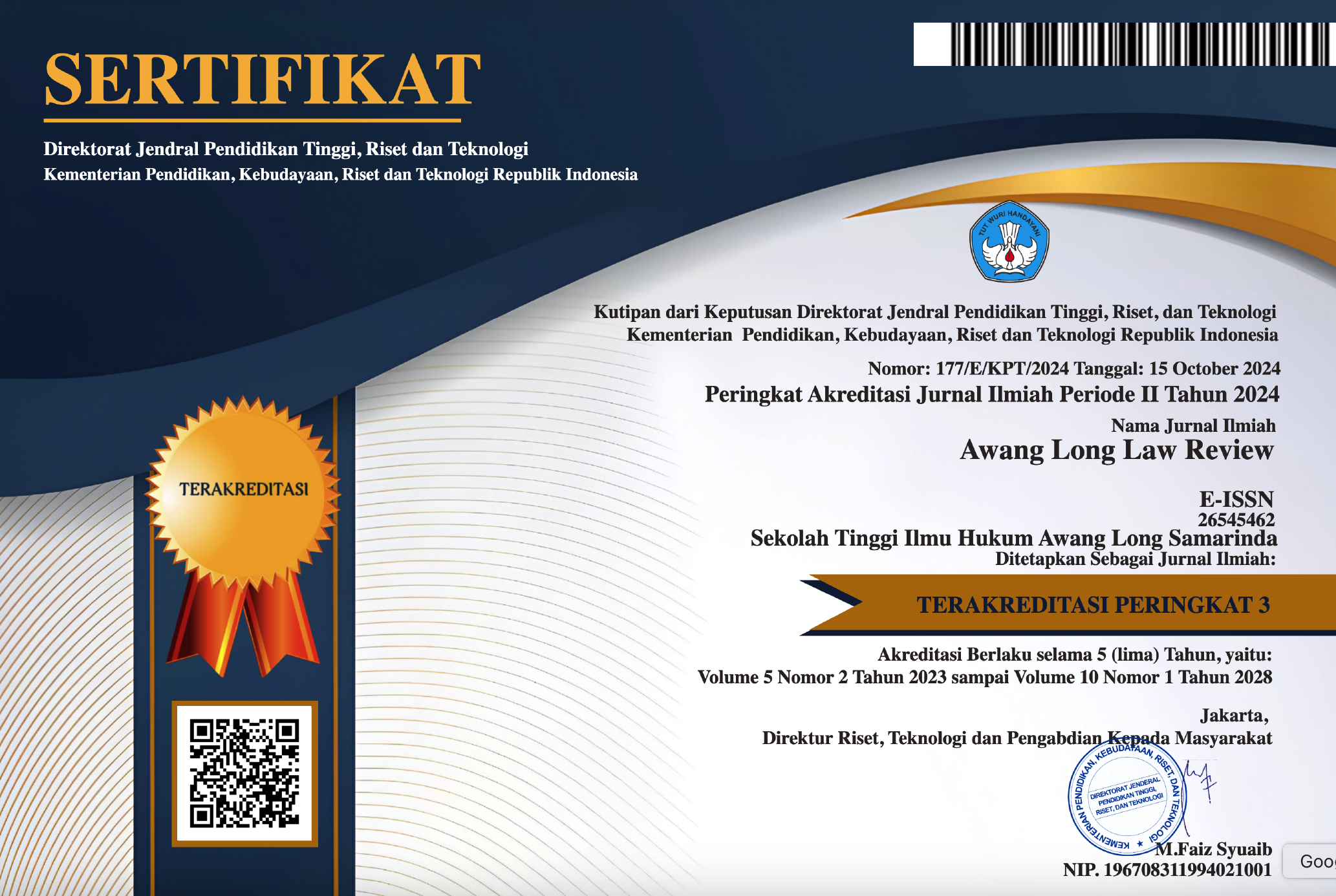Political Capacity Development of Nasdem Party Women Legislator Candidates in the 2019 Legislative Election in South Sulawesi
Abstract
This study aims to find out how to develop the capacity of female legislative candidates in the 2019 legislative elections in Makassar City. This study seeks to find out how the capacity building is carried out by political parties for female legislative candidates and see what are the obstacles faced by both political parties and legislative candidates in facing the 2019 legislative elections. This study uses a qualitative descriptive analysis research method. The data used in this study is primary data, data collected or obtained directly through direct observation in the field or the form of direct interviews. Secondary data is data obtained or collected by people researching existing sources. This data is usually from the library or previous research reports. The results of this study indicate that there is capacity building for women candidates carried out by political parties by sending cadres to attend training/workshops/training or discussions about political developments which are usually carried out by both political parties and parties outside the party, in this case, NGOs who are concerned in the field of transformation. political parties as called IRI (International Republic Institute). In addition, there are also briefings conducted by the DPP, these briefings are carried out regularly and periodically. Meanwhile, party officials stated that the debriefing carried out by the DPP for female cadres was based on quotas (usually 2 people were sent). Constraints in the implementation of political education for women cadres of the Nasdem Party in South Sulawesi came from the internal side of women cadres such as the low self-confidence of women in practical politics, family permits, financing of political activities, and the problem of dividing time between party activities and taking care of the family, limited party funds. politics in carrying out political education; a bad image (stereotype) of a less permissive society towards women who are active in parties and; laws and regulations that do not explicitly regulate sanctions for parties that are not serious in carrying out political education for female cadres.
Downloads
Copyright (c) 2021 Awang Long School of Law

This work is licensed under a Creative Commons Attribution-ShareAlike 4.0 International License.







